The Outdoor Industries Association (OIA) and Outdoor and Social (OAS) has partnered with Skern Training & Skills (STS) to launch Level 2 (Outdoor Retail) Customer Service Practitioner Apprenticeship
Commenting on the new collaboration with Skern and OAS , OIA CEO, Andrew Denton said, “Our aim is to support quality standards within the outdoor industry and we are pleased to launch this training scheme with Skern and Outdoor and Social as our partners. This scheme provides an official industry and government approved program and will help to develop skills and knowledge with tangible benefits to both employee and employer. It also provides recognition for the employee and an incentive for personal development with a nationally accredited qualification within the outdoor industry.”
OIA CEO, Andrew Denton
Meet the Outdoor Retail Apprenticeship providers and supporters



Retailers be aware, This apprenticeship can be fully funded through your Apprenticeship Levy Account if you are a Levy-paying employer. If you are a Non-Levy paying employer, the government will fund 95% of the total cost, with the employer contributing the remaining 5%. However, for apprentices aged 16 to 21, the government will fully fund 100% of the cost, with no employer contribution required. Additionally, Skern can support you in identifying and applying for Levy Transfer funds, which can cover the full cost for other age groups—making the apprenticeship 100% fully funded for all eligible learners.
Informaton Provided BY STS
What is the Level 2 Apprenticeship
(Outdoor Retail) Customer Service Practitioner Apprenticeship
Providing customer service products and services for businesses and other organisations including face-to-face, telephone, digital and written contact and communications.
Why STS?
- Operating nationally, our experienced team offers high quality training ensuring an apprentice attains the specific knowledge, skills & behaviours required to succeed in the role.
- Our apprenticeships are tailor-made, and we really mean it. Every aspect of delivery is unique, we cater specifically to the agile needs of each organisation to ensure objectives are met.
- We take the time to get to know business needs so that we can incorporate individual culture, vision and values into activities to ensure each apprenticeship fits in seamlessly.
Learning Modes Available
1-2-1 teaching and observations. A training specialist will coach, teach, and support apprentices at the workplace on a one-to-one basis, visiting at regular and agreed intervals.
Face to face teaching as a group. Block delivery throughout the year with other apprentices in the area. The teaching location will be at a central point to those on the apprenticeship in the area.
Tutorials. Apprentices will be offered regular 1-2-1 tutorial time remotely with their specialist trainer.
E-learning. We provide an e learning platform with work and activities for apprentices to complete.
Knowledge
Skills
Behaviours
- Knowing your customers
- Meeting Regulations & Legislation
- Your Roles & Responsibilities
- Product & Service Knowledge
- Understanding the Organisation
- Systems & Resources
- Customer Experience
- Interpersonal Skills
- Influencing Skills
- Dealing with Customer Conflict & Challenges
- Communication (face-to-face and/or non-facing)
- Personal Organisation
- Developing self
- Team Working
- Right First Time
- Being Open to Feedback
- Equality – Treating all customers as individuals
- Presentation – Dress Code & Professional Language

Experiential Learning
l apprentices could attend a residential (overnight stay) at Skern Lodge in Bideford, North Devon, or at one of our partner venues across the UK.
- This experience provides added value to your apprentice’s learning and is an opportunity for them to build confidence while undertaking exciting and learning-focused activities.
- Residential activities are designed to address the learning needs of your apprentice, as a result real personal growth can be achieved.
Apprentice Entry Requirements
- GCSE grade 1 or above in Maths and English
- Applicants must have a suitable employer
Mandatory Qualifications
No mandatory qualifications – However, learners may wish to complete a Customer Service Level 2 Diploma to support their Customer Service Practitioner Level 2 Standard apprenticeship.
Progression Opportunities with STS
- Customer Service Specialist Level 3 qualification
- Sales Roles/Qualifications
- Marketing and Procurement
- Supervisor/Team Leader roles
Typical Duration 12 Months
If you are a Levy paying employer there is no additional cost to fund apprenticeships. Non-Levy paying employers pay just 0-5% of the cost, depending on the organisation’s size.
Occupation Duties
STS and employers work in partnership to ensure apprentices attain the knowledge, skills, and behaviours required to effectively carry out their role.
Knowledge
- Knowing your customers
- Understand who customers are.
- Understand the difference between internal and external customers.
- Understand the different needs and priorities of your customers and the best way to manage their expectations, recognising and knowing how to adapt style to be highly effective.
- Understanding the organisation
- Know the purpose of the business and what ‘brand promise’ means.
- Know your organisation’s core values and how they link to the service culture.
- Know the internal policies and procedures, including any complaints processes and digital media policies that are relevant to you and your organisation.
Meeting regulations and legislation
- Know the appropriate legislation and regulatory requirements that affect your business.
- Know your responsibility in relation to this and how to apply it when delivering service.
Systems and resources
- Know how to use systems, equipment and technology to meet the needs of your customers.
- Understand types of measurement and evaluation tools available to monitor customer service levels.
Your role and responsibility
- Understand your role and responsibility within your organisation and the impact of your actions on others.
- Know the targets and goals you need to deliver against.
Customer experience
- Understand how establishing the facts enable you to create a customer focused experience and appropriate response.
- Understand how to build trust with a customer and why this is important.
Product and service knowledge
- Understand the products or services that are available from your organisation and keep up-to-date.
Skills
Communication
- Depending on your job role and work environment:
» Use appropriate verbal and non-verbal communication skills, along with summarising language during face-to- face communications; and/or
» Use appropriate communication skills, along with reinforcement techniques (to confirm understanding) during non-facing customer interactions.
- Use an appropriate ‘tone of voice’ in all communications, including written and digital, that reflect the organisation’s brand.
Influencing skills
- Provide clear explanations and offer options in order to help customers make choices that are mutually beneficial to both the customer and your organisation.
Personal organisation
- Be able to organise yourself, prioritise your own workload/activity and work to meet deadlines.
Dealing with customer conflict and challenge
- Demonstrate patience and calmness.
- Show you understand the customer’s point of view.
- Use appropriate sign-posting or resolution to meet your customers’ needs and manage expectations.
- Maintain informative communication during service recovery.
Behaviours
Developing Self
Use a range of questioning skills, including listening and responding in a way that builds rapport, determines customer needs and expectations and achieves positive engagement and delivery.
• Take ownership for keeping your service knowledge and skills up to date.
• Consider personal goals and propose development that would help achieve them.
Being open to feedback
- Act on and seek feedback from others to develop or maintain personal service skills and knowledge.
Team Working
- Frequently and consistently communicate and work with others in the interest of helping customers efficiently.
- Share personal learning and case studies with others, presenting recommendations, and improvement to support good practice.
Equality – treating all customers as individuals
- Treat customers as individuals to provide a personalised customer service experience.
- Uphold the organisations core values and service culture through your actions.
Presentation – dress code, professional language
- Demonstrate personal pride in the job through appropriate dress and positive and confident language.
“Right first time”
- Use communication behaviours that establish clearly what each customer requires and manage their expectations.
- Take ownership from the first contact and then take responsibility for fulfilling your promise.


Leave a Reply